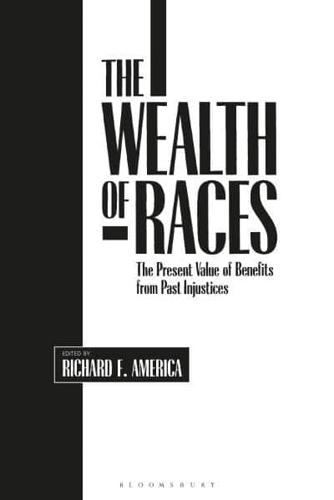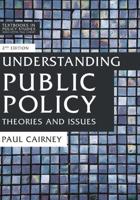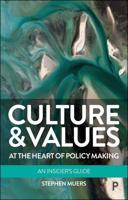Publisher's Synopsis
This collection of essays examines how injustices of the past affect entire groups of people today and outlines the current beneficiaries of these injustices. Although discriminatory practices can be based on ethnicity, religion, and gender, this book focuses on one important type-racial discrimination-and deals with the way it affects both blacks and whites. The authors address the question from different perspectives and, although there is no real consensus as to what extent unjust enrichments currently exist because of past discrimination, several essays focus on the need to systematically and equitably redistribute wealth. In beginning to explore these questions, the volume addresses the larger issues of how the costs and benefits of past practices can be measured and how historical injustices should affect current public policy matters.
The volume is organized in a straightforward manner intended to create an integrated discussion. An introductory essay charts the development of the project and offers a summary and critique of each essay. The first section explores the issue of slavery and current policy and considers the caution required when developing policy based on disputed models and assumptions. The second section examines the economic impact of slavery and discrimination on the functioning of the labor market. In the final section, some of the implications of redistribution policies are considered in relation to the various cost and benefit analyses. A final essay and conclusion sum up the study and outline the broad policy setting in which this work can take place. The book is an important resource for courses in history, sociology, and public policy and an important addition to public and university libraries.









